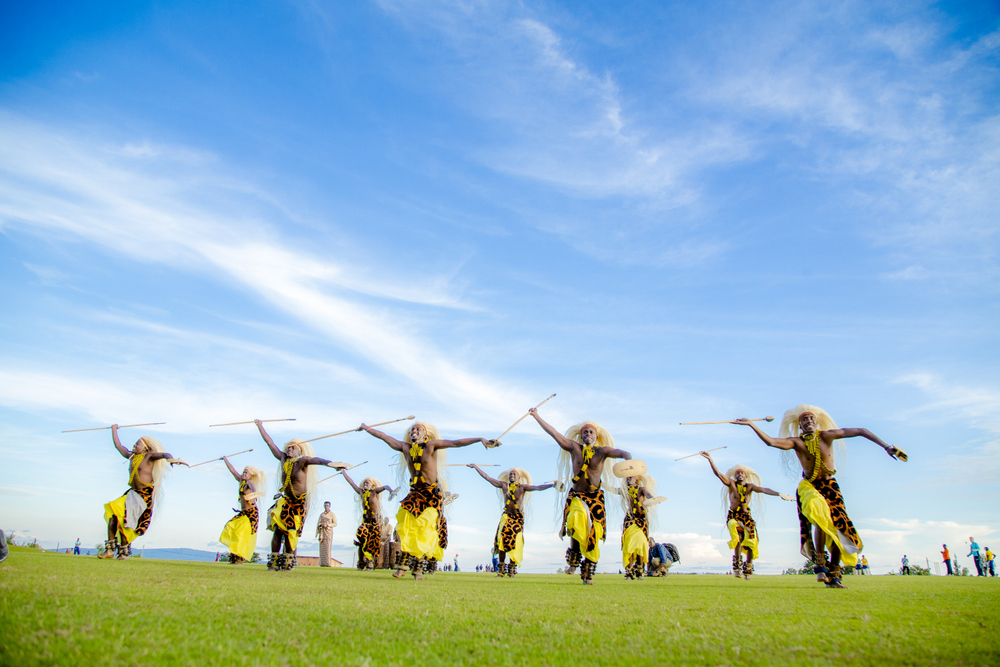Learn Kinyarwanda with us!

Kinyarwanda is the language spoken by Rwandans and we love it. Unfortunately, there are few reliable materials and resources that can get you started online. We wish to solve this.
Kinyarwanda can be a difficult language. Pronunciation and listening are particularly no exception to this. Nevertheless, if you know few hints about its structure (like many Bantu languages), and engage yourself in conversations with native speakers; your learning journey will be one of the best adventures.
We have produced illustrated video tutorials that span 4 hours, put together 2,270 pronunciation audios, sliced the course into easy-to-catch 90 lessons, delivered them into two difficulty levels: beginner (30) and intermediate (60). Quizzes has been developed aside to help test your writing, speaking and listening skills.
- If you are a fresh beginner with less exposure to native speakers, you may need to book a private class, where you will get a dedicated coach to guide your learning journey.
- If you are an intuitive learner or if you often speak to native speakers, a virtual plan would be all you need to get started. You may learn along videos and practice pronunciations using audios.
- If you have been in Rwanda for a while, assuming that you know greetings, numbers, food, etc.; you can read the intermediate level course with audio (no videos yet). This will enhance both your grammar and vocabulary.
- If you are not sure, please book a free test appointment and we will be happy to help you figure it out.
Obviously it depends:
- Depending on your language learning capabilities and exposure, it may take somewhere between three and six months to learn a completely new language.
- If you have a wide Kinyarwanda exposure in your workplace, say 2 hours per day plus 20 minutes of reading the course, you will likely learn it quicker than someone who may spend 2 hours in the book a day.
- Language is about practice, materials are just there to provide hints and guidance. It is therefore recommended to surround yourself with Kinyarwanda contents, may be read newspapers? Listen to the radio, watch a TV show, etc.
We recommend reading this book by Arthur L. Hands




